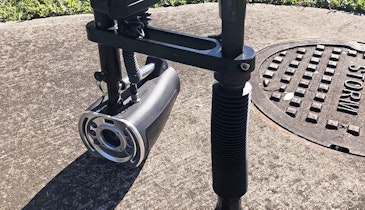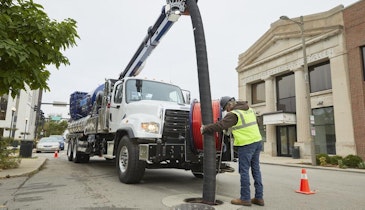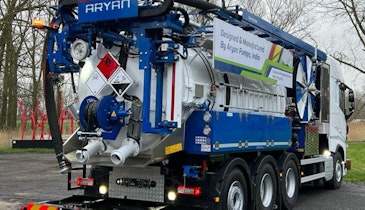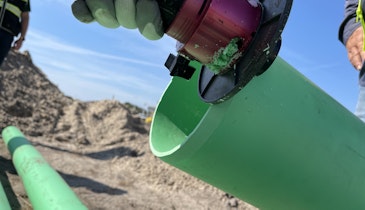The time-lapse video below captures the challenging 10-day repair of a sewer pipeline at Carnoustie Golf Links is in Angus, Scotland, damaged by stormy seas. Scottish Water released the footage showing the extent of damage and the efforts required to fix 30 meters of the sewer line.
The storm, accompanied by high tides, breached coastal defenses and eroded land, severely affecting the sewer pipeline and its surroundings. The repair process was further complicated as continuous sea battering and storm debris hampered efforts, with debris washed as far as 200 meters up the 1.2-meter diameter pipe.
The Persistent Threat of Cryptosporidium in U.S. Water Systems
This article by Scientific American explores how even 30 years after the largest waterborne disease outbreak in U.S. history, caused by the parasite Cryptosporidium in Milwaukee, water systems nationwide continue to grapple with this parasite.
The Centers for Disease Control and Prevention reported 444 outbreaks of cryptosporidiosis, the illness caused by this parasite, between 2009 and 2017 in the U.S., with an annual increase of about 13%. It's estimated that 823,000 people contract cryptosporidiosis each year, but less than 2% of these cases are reported to the CDC.
Tampa Explores State-of-the-Art PFAS Treatment Technology
Tampa, Florida, is taking a significant leap in water purification technology with the introduction of Suspended Ion Exchange treatment. Announced at the David L. Tippin treatment facility, this state-of-the-art system positions the city at the forefront of tackling PFAS removal. SIX functions by filtering raw water through a specialized resin, which captures harmful chemicals and substitutes them with safer ions.
Once complete, the Tippin facility will become the first to adopt SIX in the U.S. and the largest of its kind globally.






